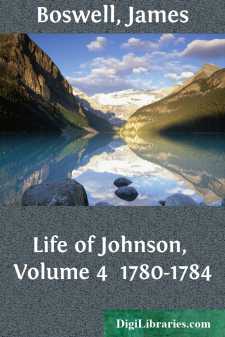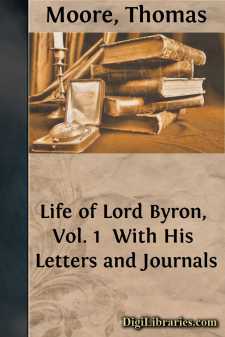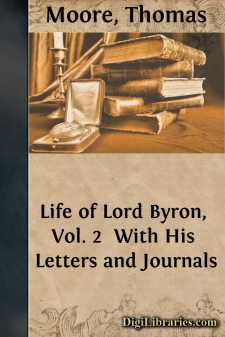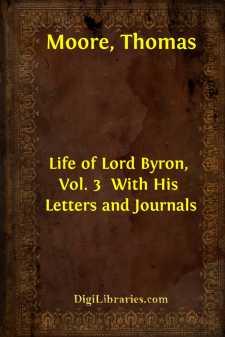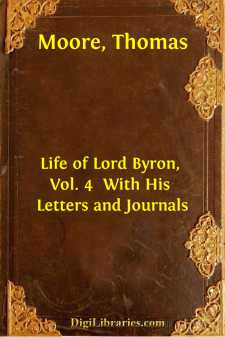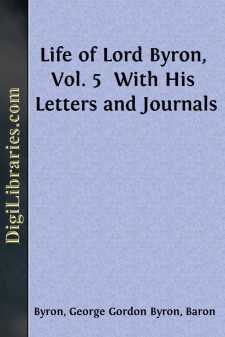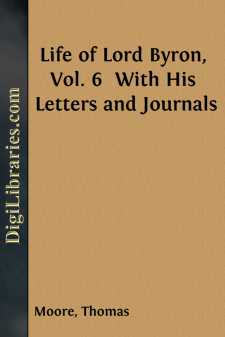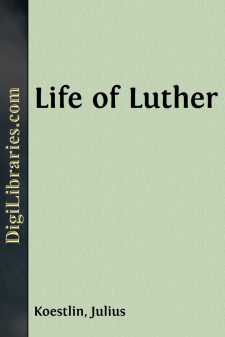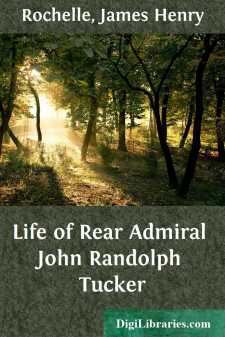Categories
- Antiques & Collectibles 13
- Architecture 36
- Art 48
- Bibles 22
- Biography & Autobiography 813
- Body, Mind & Spirit 142
- Business & Economics 28
- Children's Books 13
- Children's Fiction 10
- Computers 4
- Cooking 94
- Crafts & Hobbies 4
- Drama 346
- Education 46
- Family & Relationships 57
- Fiction 11828
- Games 19
- Gardening 17
- Health & Fitness 34
- History 1377
- House & Home 1
- Humor 147
- Juvenile Fiction 1873
- Juvenile Nonfiction 202
- Language Arts & Disciplines 88
- Law 16
- Literary Collections 686
- Literary Criticism 179
- Mathematics 13
- Medical 41
- Music 40
- Nature 179
- Non-Classifiable 1768
- Performing Arts 7
- Periodicals 1453
- Philosophy 64
- Photography 2
- Poetry 896
- Political Science 203
- Psychology 42
- Reference 154
- Religion 513
- Science 126
- Self-Help 84
- Social Science 81
- Sports & Recreation 34
- Study Aids 3
- Technology & Engineering 59
- Transportation 23
- Travel 463
- True Crime 29
Sort by:
by:
James Boswell
THE LIFE OF SAMUEL JOHNSON, LL.D. Being disappointed in my hopes of meeting Johnson this year, so that I could hear none of his admirable sayings, I shall compensate for this want by inserting a collection of them, for which I am indebted to my worthy friend Mr. Langton, whose kind communications have been separately interwoven in many parts of this work. Very few articles of this collection were...
more...
by:
James Boswell
ADVERTISEMENTTO THETHIRD EDITION.Animated by the very favourable reception which two large impressions of this work have had, it has been my study to make it as perfect as I could in this edition, by correcting some inaccuracies which I discovered myself, and some which the kindness of friends or the scrutiny of adversaries pointed out. A few notes are added, of which the principal object is, to refute...
more...
by:
Thomas Moore
NOTICES OF THE LIFE OF LORD BYRON. It has been said of Lord Byron, "that he was prouder of being a descendant of those Byrons of Normandy, who accompanied William the Conqueror into England, than of having been the author of Childe Harold and Manfred." This remark is not altogether unfounded in truth. In the character of the noble poet, the pride of ancestry was undoubtedly one of the most...
more...
by:
Thomas Moore
NOTICES LIFE OF LORD BYRON. Having landed the young pilgrim once more in England, it may be worth while, before we accompany him into the scenes that awaited him at home, to consider how far the general character of his mind and disposition may have been affected by the course of travel and adventure, in which he had been, for the last two years, engaged. A life less savouring of poetry and romance...
more...
by:
Thomas Moore
JOURNAL, 1814. "February 18. "Better than a month since I last journalised:—most of it out of London and at Notts., but a busy one and a pleasant, at least three weeks of it. On my return, I find all the newspapers in hysterics, and town in an uproar, on the avowal and republication of two stanzas on Princess Charlotte's weeping at Regency's speech to Lauderdale in 1812. They are...
more...
by:
Thomas Moore
LETTER 272. TO MR. MURRAY. "Venice, April 9. 1817. "Your letters of the 18th and 20th are arrived. In my own I have given you the rise, progress, decline, and fall, of my recent malady. It is gone to the devil: I won't pay him so bad a compliment as to say it came from him;—he is too much of a gentleman. It was nothing but a slow fever, which quickened its pace towards the end of its...
more...
LETTER 394. TO MR. MOORE. "Ravenna, October 17. 1820. "You owe me two letters—pay them. I want to know what you are about. The summer is over, and you will be back to Paris. Apropos of Paris, it was not Sophia Gail, but Sophia Gay—the English word Gay—who was my correspondent. Can you tell who she is, as you did of the defunct * *? "Have you gone on with your Poem? I have received the...
more...
by:
Thomas Moore
LETTER 508. TO MR. MOORE. "Genoa, February 20. 1823. "My Dear Tom, "I must again refer you to those two letters addressed to you at Passy before I read your speech in Galignani, &c., and which you do not seem to have received.[1] [Footnote 1: I was never lucky enough to recover these two letters, though frequent enquiries were made about them at the French post-office.] "Of Hunt...
more...
by:
Julius Koestlin
CHAPTER I. BIRTH AND PARENTAGE. On the 10th of November, 1483, their first child was born to a young couple, Hans and Margaret Luder, at Eisleben, in Saxony, where the former earned his living as a miner. That child was Martin Luther. His parents had shortly before removed thither from Möhra, the old home of his family. This place, called in old records More and Möre, lies among the low hills where...
more...
Life of Rear Admiral John Randolph Tucker A SKETCH OF THE AUTHOR. JAMES HENRY ROCHELLE, the author of the following pages, and the subject of this sketch, was of French-English and Celtic, or Scotch-Irish, extraction—English through his paternal great-grandmother, who was the daughter of Hinchia Gilliam, and his wife (née) Harrison; Scotch-Irish through his maternal ancestry. The name itself...
more...


